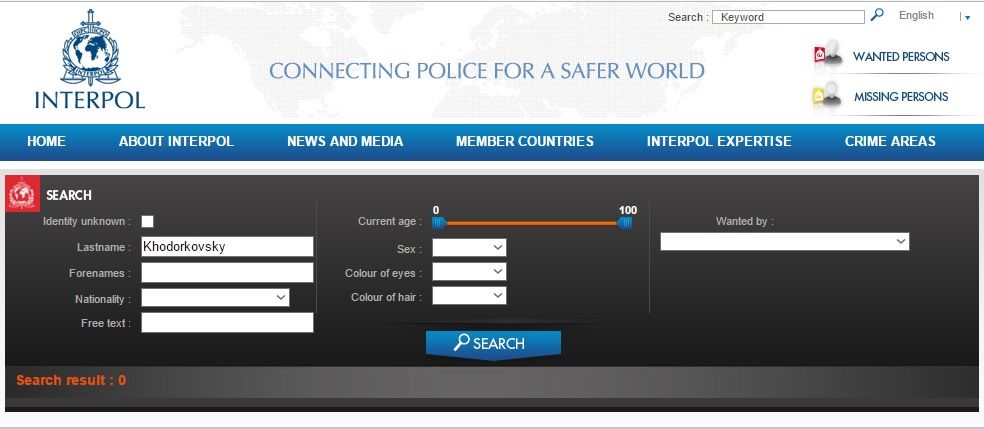Mikhail Khodorkovsky. Photo by Peter Schneider/EPA
LIVE UPDATES: Russian media reported misleadingly that businessman and former political prisoner Mikhail Khodorkovsky was “wanted internationally” by Interpol, but Interpol today flatly rejected Russia’s request.
Welcome to our column, Russia Update, where we will be closely following day-to-day developments in Russia, including the Russian government’s foreign and domestic policies.
The previous issue is here.
Recent Translations:
–The Non-Hybrid War
–Kashin Explains His ‘Letter to Leaders’ on ‘Fontanka Office’
–TV Rain Interviews Volunteer Fighter Back from Donbass
–‘I Was on Active Duty’: Interview with Captured GRU Officer Aleksandrov
UPDATES BELOW
Tags:
